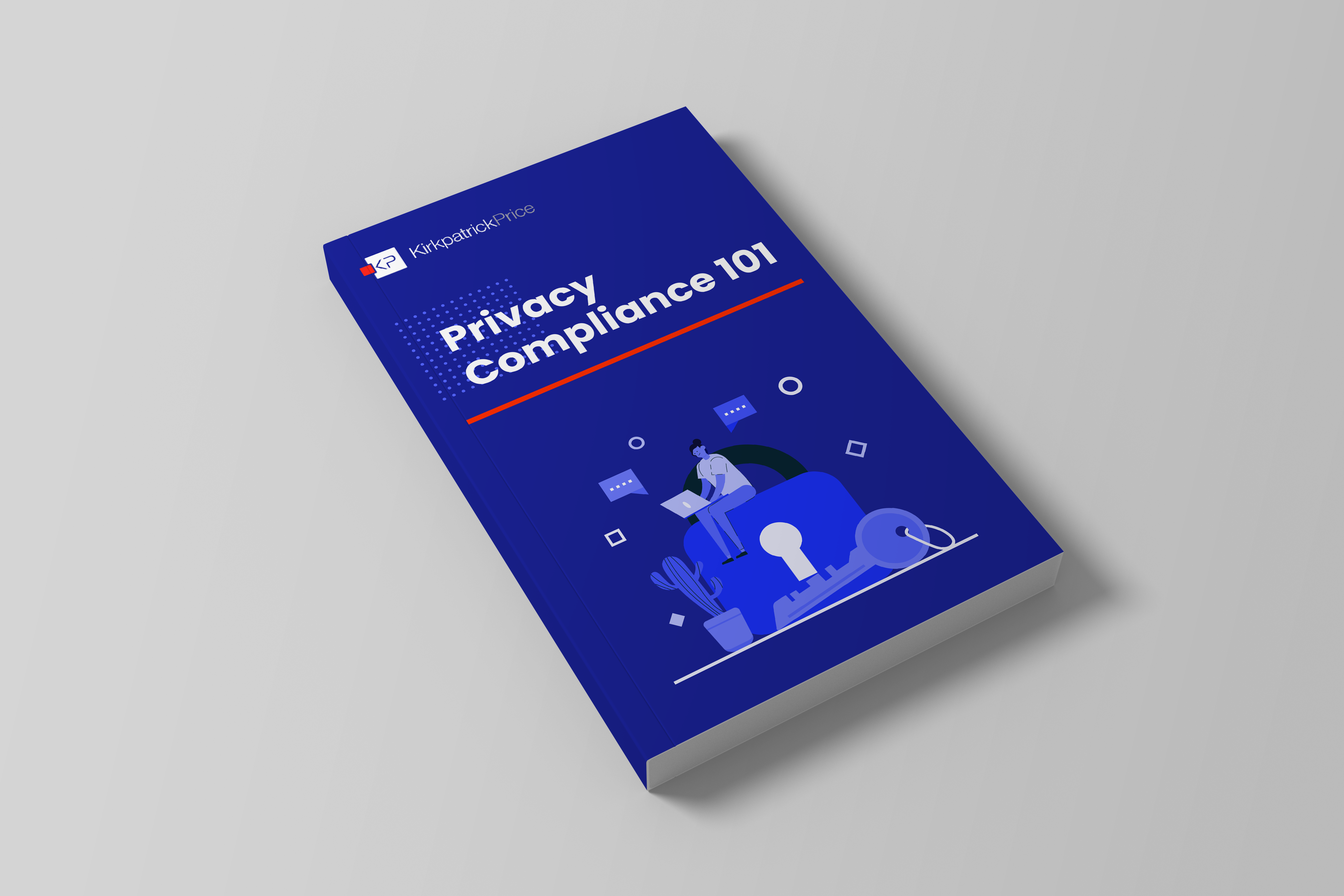
Learning from Twitter’s Privacy Mistakes
Because of the ever-changing landscape of privacy laws, standards, and guidelines, it has become difficult for businesses to know what their obligations are, and even harder to determine what could constitute non-compliance. Fortunately, Twitter’s mistakes now provide us with an example of what a violation looks like. Twitter has been in the spotlight for a recent hack, and now the Federal Trade Commission is investigating its privacy practices regarding targeted ads.
What Led to the FTC’s Investigation at Twitter?
In October 2019, Twitter admitted to using personal data obtained for security reasons for targeted ads purposes. The company stated, “We recently discovered that when you provided an email address or phone number for safety or security purposes (for example, two-factor authentication) this data may have inadvertently been used for advertising purposes, specifically in our Tailored Audiences and Partner Audiences advertising system.”
We now know, through Twitter’s SEC filing, that the FTC began its investigation after this announcement and Twitter received a complaint on July 28, 2020. Twitter faces a fine of up to $250 million for the violation.
3 Takeaways from Twitter’s Privacy Choices
We asked our privacy experts to comment on the FTC’s investigation and they found three key takeaways for businesses looking to avoid privacy mistakes.
- Qualified, third-party verification of privacy practices is critical because almost every organization believes they are using personal data appropriately. Twitter does not admit to intentionally misusing personal data (i.e. using the data for a purpose other than what the data was originally collected for). Twitter says the use of the personal data collected for security purposes in advertising was “inadvertent.” This is why privacy auditing is so important. An auditor can help you verify that your business is not misusing personal data and provide that assurance as a third party.
- There are legal and compliant ways to use existing personal data for new purposes. Twitter could have addressed this issue by getting a second level of consent, prior to using the personal data in ads, by asking users for permission to use the personal data obtained for security purposes in targeted advertising. If you’re a Twitter user, you may have been asked about this on your account recently, because the platform is now obtaining that second level of consent – but it’s too little too late for Twitter.
- Voluntary privacy commitments are just as significant as legal requirements. Twitter is in the hot seat because they broke their own promise that they make in their privacy commitments, not because they broke a law. You may not even be aware of it, but your business could be at risk for privacy sanctions even if there isn’t a specific law that applies to the collection and use of personal data for your industry, clients, or location. If an organization makes a promise regarding the use of personal data and breaks that promise, the FTC can fine them.
8 Elements of Privacy
As you navigate the privacy practices and obligations of your business, it is crucial to follow the industry best practices that already exist. This will empower your organization to develop appropriate processes for collection and use of personal data that are adaptable to new laws, regulation, and enforcement activity. We recommend reviewing and following the eight privacy criteria under SOC 2, stipulated by the AICPA, which are organized as follows:
- Notice and Communication of Objectives
- Choice and Consent
- Collection
- Use, Retention, and Disposal
- Access
- Disclosure and Notification
- Quality
- Monitoring and Enforcement
Could your organization unintentionally fail to meet any of these eight criteria? Twitter’s issues stem from failing to provide proper notice and communication of its objectives related to privacy, failure to obtain consent for the use of personal data for targeted advertising, improper use of personal data collected for security purposes, and potentially failing to perform proper monitoring.
At KirkpatrickPrice, we want to help your organization navigate your privacy obligations and enhance your privacy practices. We have a built a team of privacy experts to perform assessments, and they are watching enforcement trends, state laws, and federal legislation closely to ensure that you protect the personal data you are responsible for. Let’s talk today!
